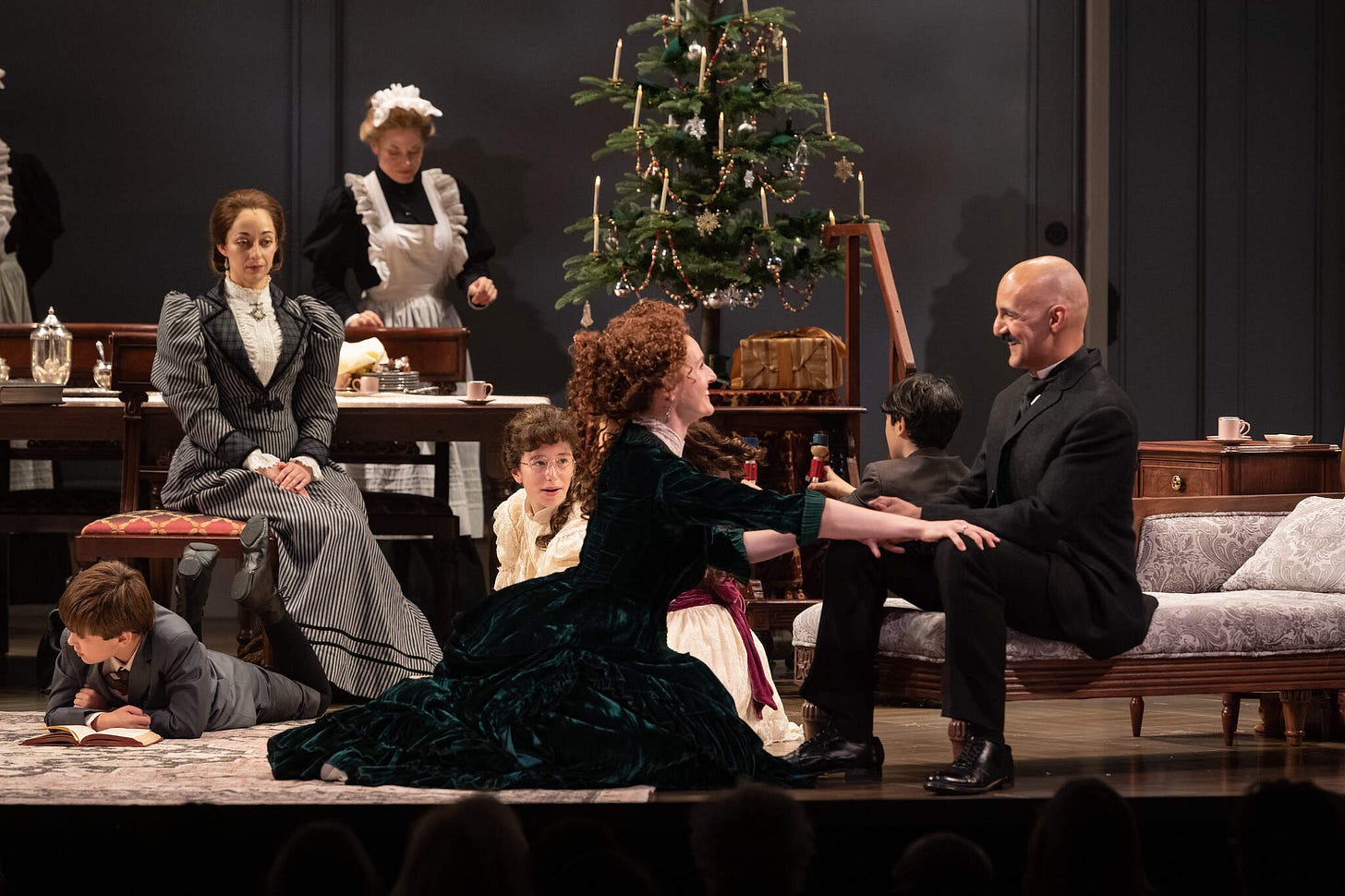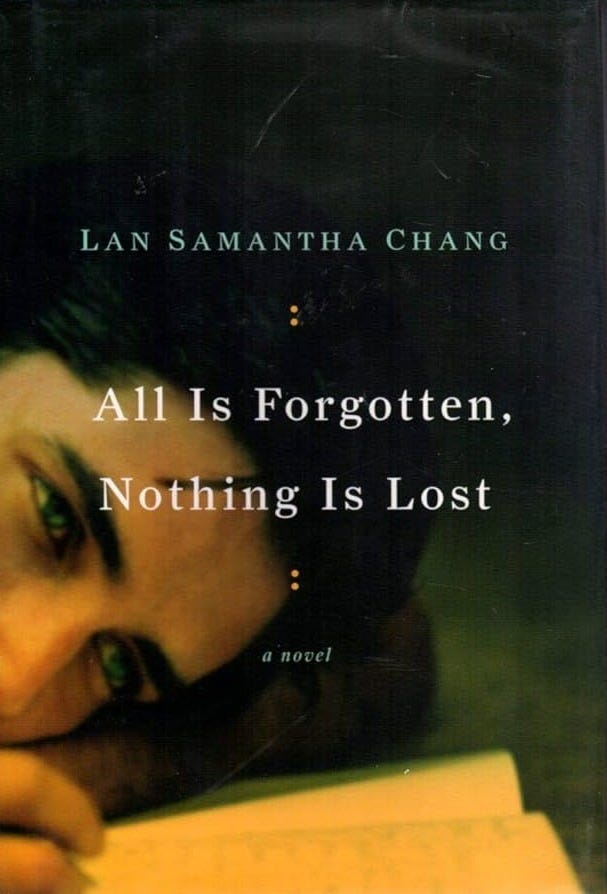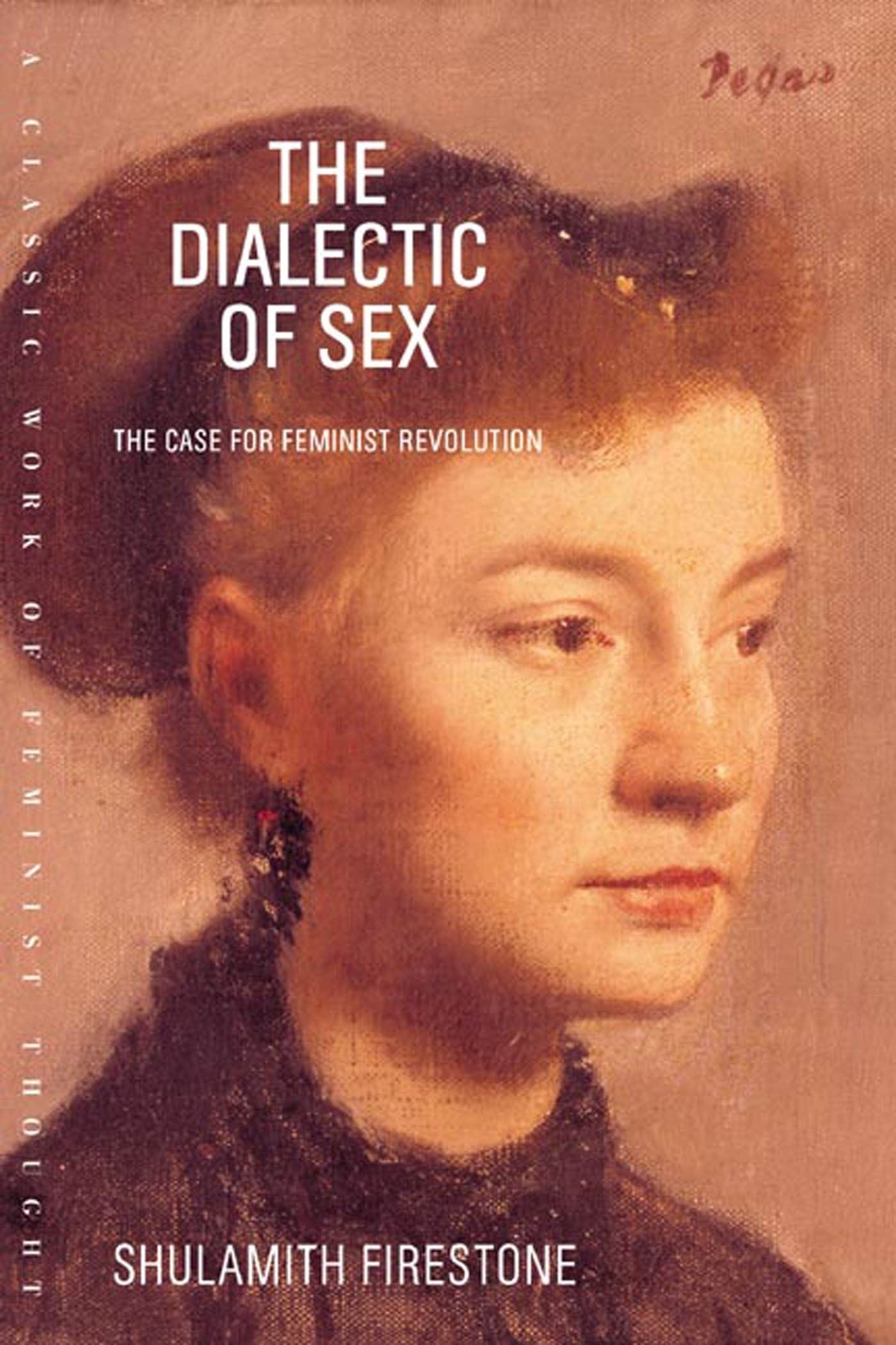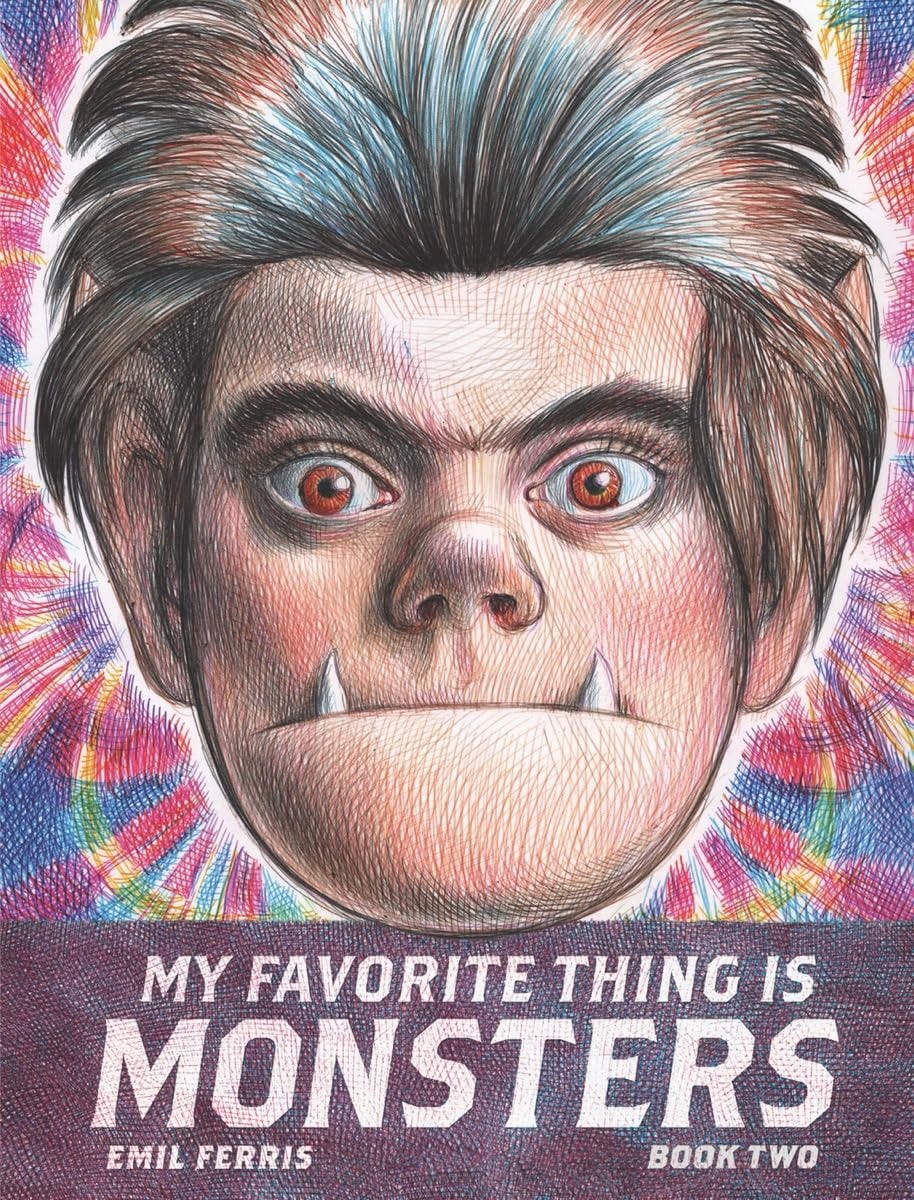Best of 2024
Exceptional documentaries, books, and podcasts
As New Year’s Eve approaches it is hard to feel celebratory with the continuing wars in Gaza and Ukraine, climate change inaction, and another Trump presidency. During difficult times I feel it is important to stay informed and not turn away from the news. But it is also important to turn to literature, film, and art. They can remind us of our humanity and sense of purpose.
For my last article of 2024, I wanted to highlight not just my favorite documentaries of the year, but some of the books, podcasts, and performances that had the biggest impact on me. Most of my selections came out in 2024 with the exception of my favorite fiction and non-fiction book.
Documentaries
No Other Land
Directed by Yuval Abraham, Basel Adra, Hamdan Ballal, and Rachel Szor
Dahomey
Directed by Mati Diop
The Remarkable Life of Ibelin
Directed by Benjamin Ree
After watching dozens of documentaries this year, I felt I couldn’t pick just one to be “the best.” My top three here are extremely different stylistically, but impactful and moving. No Other Land is a masterful work that directly takes on one of the most pressing political issues – the Israeli government’s occupation of the West Bank. Despite the harsh reality it shows, the Palestinian and Israeli filmmaking team and friendships shown offer cause for hope. Dahomey is an otherworldly piece that has narration from the perspective of sacred treasures that were stolen by French colonists from the Kingdom of Dahomey (now Benin). The documentary follows their return and reception in Benin. Read my TIFF Highlights article to learn more about both documentaries.
The Remarkable Life Ibelin uses animation to show the secret online life of Mats Steen (alias Ibelin) in the World of War Craft. Steen has Duchenne Muscular Dystrophy that confines him to a wheelchair and severely restricts his mobility. The film raises important existential questions about what it means to live a good life when disability profoundly impacts you.
Fiction Film: The Beast
Directed by Bertrand Bonello
This is a great film for anyone who loves thoughtful science-fiction. The story takes place across different eras. In each time period the same man and woman meet each other. It is a beautiful and frightening story that I think is an important warning about the dangers of AI trying to control and dehumanize us.
The film is based on the Henry James short story “The Beast in the Jungle.” I haven’t read the story yet, but my partner says the film is both the loosest and best adaption of a short story he has seen. I hesitate to say more because there are a lot surprises.
Podcast: In The Dark
In The Dark has consistently produced some of the best investigative podcasts. Unlike other “true crime” series, this podcast is not sensationalist or formulaic. Instead it focuses on a crime as a way of critiquing the broader justice system in the United States. Investigative work on their second season helped bring the case of Curtis Flowers to the Supreme Court after he was tried for the same crime six times by the same prosecutor in Mississippi.1
Their third season investigated the 2006 mass killing of 24 civilians in Haditha, Iraq by U.S. marines. The event at the time was compared to the infamous 1968 My Lai Massacre in Vietnam. But all the soldiers involved in 2006 were later acquitted. Host Madeleine Baran and the investigative team piece together military files, track down witnesses, and uncover new evidence to figure out exactly what happened on the day of the mass killing. This is a challenging story and many Americans have refused to reflect on the lasting impacts of the Iraq War.
Along with the audio element of the podcast, they also created an interactive documentary called Cleared by Fire that offers detailed illustrations paired with witness accounts from the podcast.
All episodes are available to listen to for free: https://www.newyorker.com/season-3
Fiction Book: All is Forgotten, Nothing is Lost by Lan Samantha Chang
The novel follows two friends, Roman and Bernard, throughout their lives beginning with the consequential years of a graduate poetry program and continuing to follow them as they age. Roman is ambitious and always trying to climb the ladder of success. Bernard is obsessed with working on one masterpiece poem. Throughout their lives the meaning of those experiences in grad school changes. One of the fundamental questions this novel raises is what does it mean to be a successful artist? Is it financial and public recognition or simply creating meaningful work?
This short novel has stuck with me, and I highly recommend it to anyone who recently finished an MFA and is feeling a bit lost in life. I finished an MFA in documentary in 2023, and I’ve reflected a lot on how time in grad school will fit into the narrative of my own life. I haven’t come to any conclusions yet.
Non-Fiction Book: The Dialectic of Sex by Shulamith Firestone
I read Firestone’s 1970 book for an essay I wrote on the short documentary Shulie, and found it to be a riveting and still timely read. It is a radical book and I don’t endorse all of Firestone’s ideas, but I think that her questions about the problems with the nuclear family and modern childbirth are still important and should be discussed more openly.
Graphic Novel: My Favorite Thing is Monsters Volume 2 by Emil Ferris
I have been eagerly waiting for this second book for years, and was happy it did not disappoint. My Favorite Thing is Monsters follows teenager Karen Reyes as she navigates a tumultuous environment in 1960s Chicago. The story focuses on the strange and dangerous adults in Karen’s life and her quest to solve the murder of her mysterious neighbor Anka Silverberg. Karen is obsessed with comic book and movie monsters, so her view of the world and depiction of adults is shaped by that. Ferris’s drawings are beautiful graphite and colored pencil on lined notebook paper. The details are truly stunning and much more complex than you’d typically find in a graphic novel.
This is a mature story that is not just for young adults. Karen is often confronted with violence and poverty in her surrounding neighborhood, but tries to see the good in her neighbors. A large part of volume two is about Karen’s struggles with grief and how to reckon with family and friends whose actions are morally questionable.
Best Performance: Leopoldstadt
by Tom Stoppard

This production directed by Carey Perloff at the Huntington Theatre Company was excellent and deeply moving. Leopoldstadt is a fictional story about the triumphs and hardships of an Austrian Jewish family from 1899 to 1955. The play was inspired by Tom Stoppard’s own family history. Stoppard found out later in life that he was Jewish and that many of his family members had died in the Holocaust.
The entire cast gave strong performances, but Nael Nacer carried the show as Hermann, the gentle patriarch of the family. Nacer is one of Boston’s best actors, and in this role his depth of humanity and subtle choices were effective and resonant. Seeing the incredible challenges and loss the family experiences is gut-wrenching and powerful. It is an important reminder of how past historical events continue to impact the living.
***
THANK YOU!
Thank you readers for a great first year of The Subjective Observer! I have really appreciated your support and hearing your thoughts. In 2025 I look forward to attending more festivals and hopefully starting a new short documentary.
Nicholas Bogel-Burroughs. After 6 Murder Trials and Nearly 24 Years, Charges Dropped Against Curtis Flowers. New York Times, Sept 4, 2020: https://www.nytimes.com/2020/09/04/us/after-6-murder-trials-and-nearly-24-years-charges-dropped-against-curtis-flowers.html





